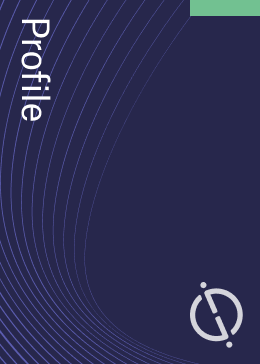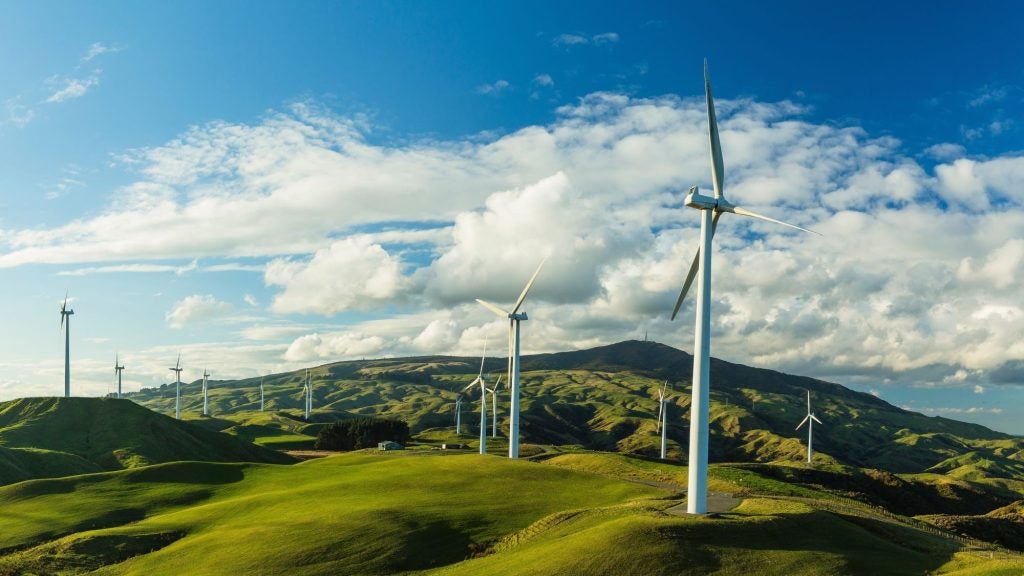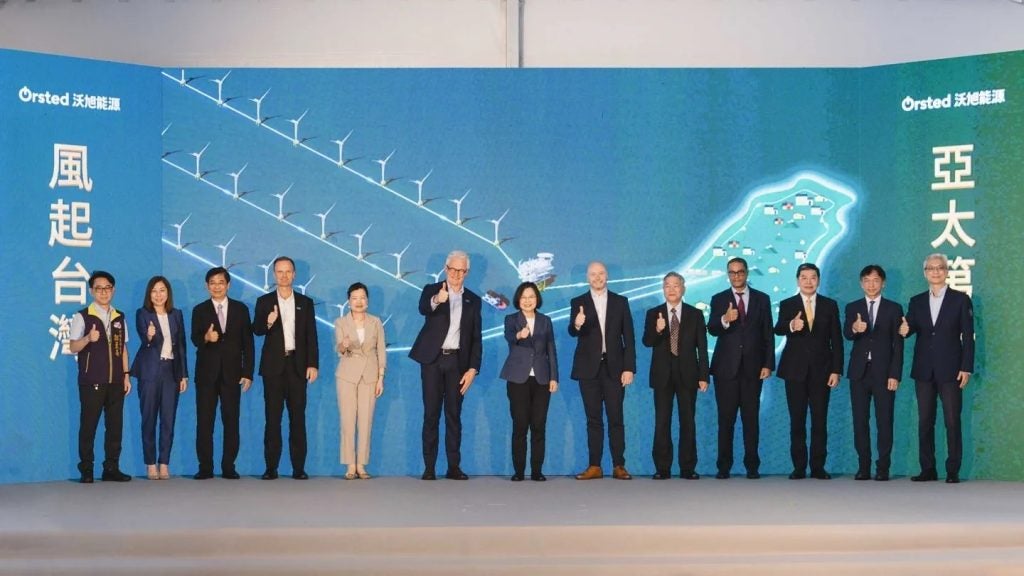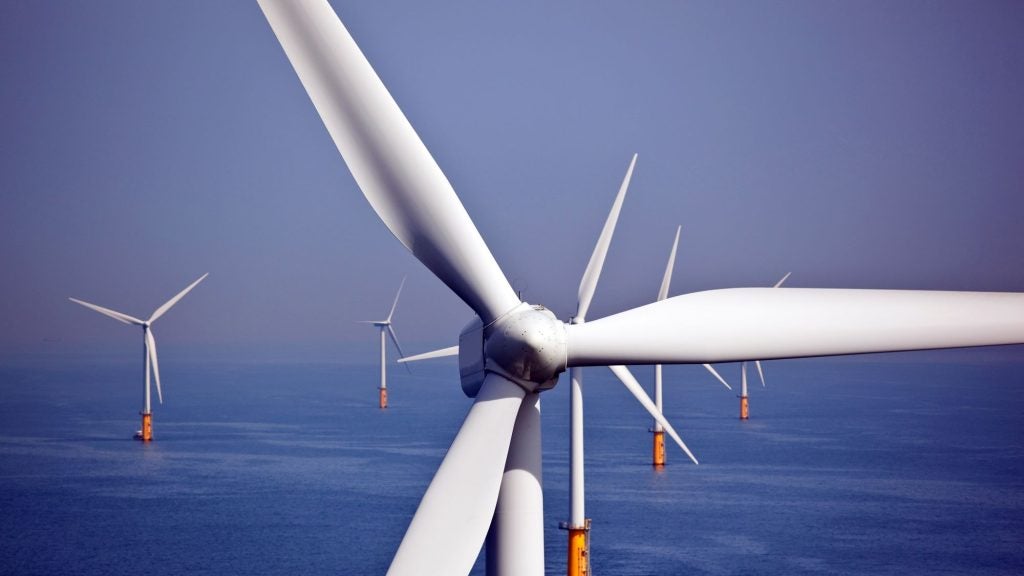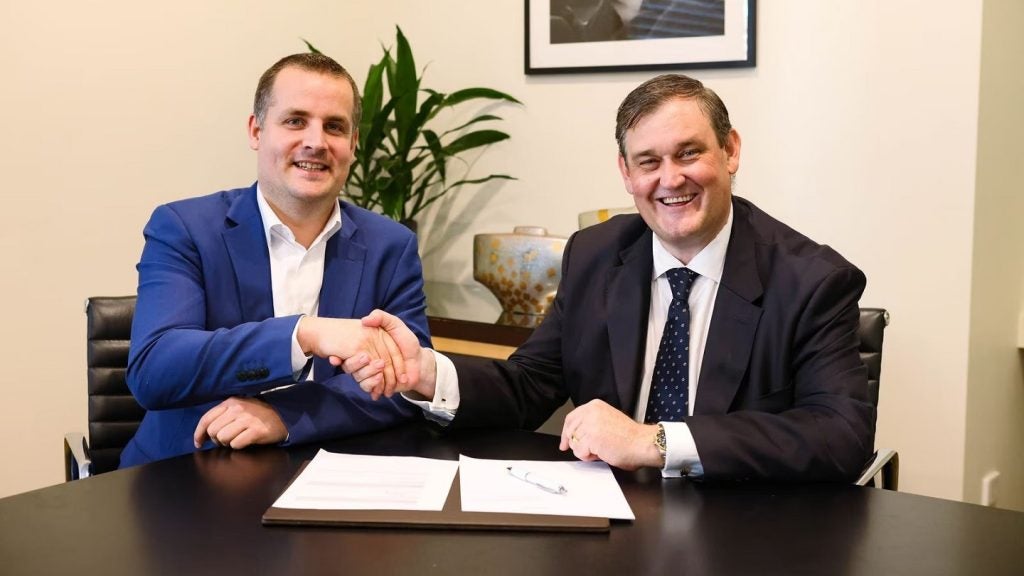Requejo Wind Farm is a 48MW onshore wind power project. It is planned in Castile and León, Spain. According to GlobalData, who tracks and profiles over 170,000 power plants worldwide, the project is currently at the permitting stage. It will be developed in a single phase. Post completion of the construction, the project is expected to get commissioned in 2025. Buy the profile here.
Description
The project is being developed by Parque Eolico Requejo and is currently owned by Grupo Ibereolica Renovables with a stake of 100%.
The project is expected to generate 160,000MWh electricity and supply enough clean energy to power 50,000 households. The project is expected to offset 95,000t of carbon dioxide emissions (CO2) a year.
The project will have 107.5m high towers.
Development status
Post completion of the construction, the project is expected to get commissioned in 2025.
Contractors involved
Siemens Gamesa Renewable Energy will be the turbine supplier for the wind power project. The company is expected to provide 10 turbines, each with 4.8MW nameplate capacity.
See Also:
For more details on Requejo Wind Farm, buy the profile here.
About Parque Eolico Requejo
Parque Eolico Requejo SL (Parque Eolico Requejo) produces renewable energy from highly diversified sources, including wind, biomass, hydro and solar. Parque Eolico Requejo is headquartered in Madrid,Spain.
Premium Insights
From

The gold standard of business intelligence.
Blending expert knowledge with cutting-edge technology, GlobalData’s unrivalled proprietary data will enable you to decode what’s happening in your market. You can make better informed decisions and gain a future-proof advantage over your competitors.


